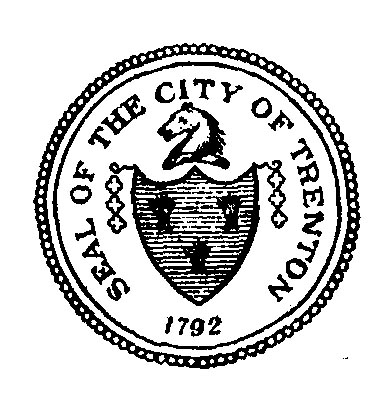 |
Women
|
||
|
|
According to statistics provided by the state of New Jersey, 74 percent of the total number of HIV/AIDS cases in Trenton are Black or African American[1]. 53 percent of all AIDS cases in Trenton are women from heterosexual contact[2]. Many women with HIV/AIDS are residing in poor areas, with low income and face limited access to health care system and experience disparities in receipt of care and treatment[3]. When it comes to HIV/AIDS women have a barrier that they must face. If they are in a relationship with a male IDU they are at risk of contracting HIV/AIDS. Although they may not share the needle with him, they are having unprotected sex with him. Many women feel helpless because if they ask their mate to where a condom, he might get suspicious and suspect her as cheating on him. Here is an example: "I knew that my husband had a history of drug use and that meant that I was at risk for AIDS," says Sarafina. "So, I asked him to use a condom to help protect me, just in case he was sick, especially since I had to take care of our kids. But his response was, 'Why would you think I would need a condom. Do you think I have something?' Basically, he refused. About a year later, a friend accidentally discovered a sheet of paper with his AIDS test result on it in our home. It turned out that my husband knew he was positive before he had unsafe sex with me. His explanation was that he was too proud and afraid that I would simply stop loving him," Sarafina explains[4]. She is among the many African-American women living with AIDS who contracted the disease through heterosexual contact. I believe that in order to prevent more cases of forming women need a better support system. They need programs that foster learning and protecting themselves against HIV/AIDS. I would implement the SISTA program. Additionally I would find ways to incorporate learning about HIV/AIDS at the local beauty salons, nail shops and churches. We need to get the message out there that AIDS can happen to anyone but you can reduced your chances of catching the virus if you practice safe sex. The Sisters Informing Sisters about Topics on AIDS (SISTA) Program is a group–level HIV prevention intervention for heterosexually active African American women residing in low income communities that infused cultural and gender–relevant activities within five–sessions of an HIV risk reduction program[5]. The lessons learned during the program, demonstrate the significance of integrating additional Afro-centric and gender–relevant material to an existing intervention for African American women[6]. Afro-centric and gender-specific activities were incorporated into the program. These activities included the Umoja circle where women gathered for opening and closing sessions[7]. African proverbs were used to discuss the relationship between HIV and Black women. For example, the Ethiopian proverb, ‘when spider webs unite, they can tie up a lion"—can be related to the Black community unifying to address HIV prevention[8]. Overall, this program will be very useful in bringing women together to discuss prevention and protection methods.
|
